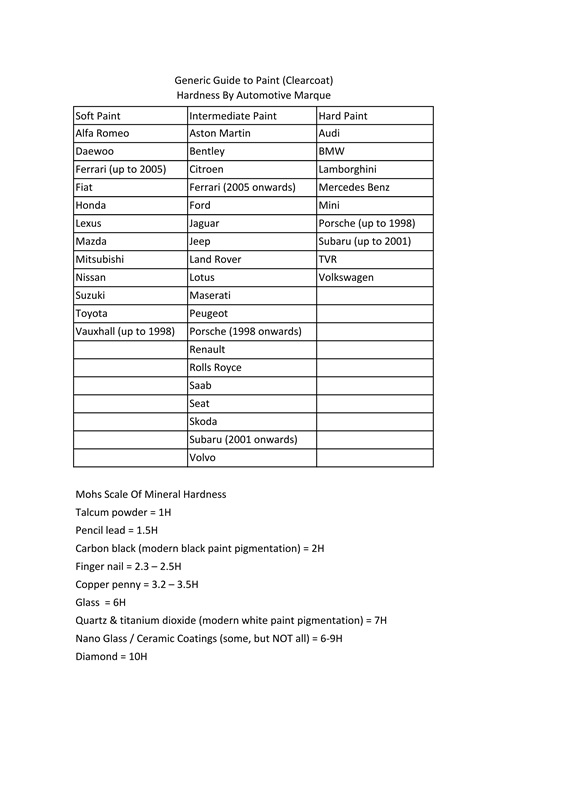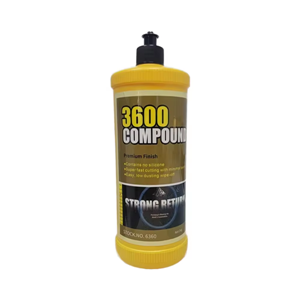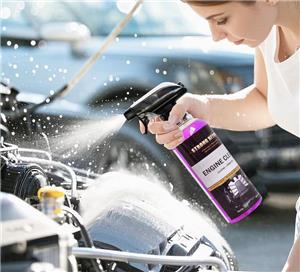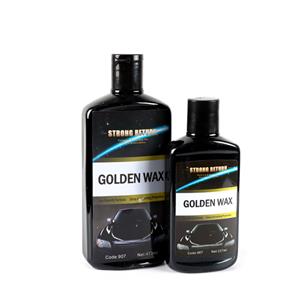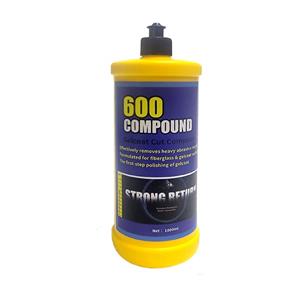Generic Guide to Paint Clearcoat Hardness By Automotive Marque
Hardness of Automotive Clear Coat
Automotive clear coat is an essential layer that provides protection and enhances the appearance of a vehicle's paintwork. The hardness of clear coat is a crucial characteristic that determines its durability and resistance to various external factors.
Clear coat hardness is typically measured on the pencil scale. A harder clear coat is more resistant to scratches, abrasions, and chemical attacks. For example, a clear coat with a higher hardness rating will be less likely to be marred by minor impacts from stones, keys, or other objects.
The hardness of clear coat is achieved through the use of specific resins and additives. These components contribute to the formation of a tough and durable film on the vehicle's surface. Some advanced clear coats also incorporate nanotechnology to enhance hardness and other performance properties.
A harder clear coat not only protects the underlying paint layers but also makes it easier to clean and maintain the vehicle's exterior. Dirt, grime, and bird droppings are less likely to adhere firmly to a hard clear coat, and they can be removed more easily without causing damage.
However, extremely hard clear coats may also have some drawbacks. They may be more brittle and less flexible, which could lead to cracking or chipping in extreme temperature changes or impacts. Therefore, a balance between hardness and flexibility is important to ensure long-term performance.
In conclusion, the hardness of automotive clear coat is a critical factor in determining the quality and durability of a vehicle's paint finish. By understanding the importance of clear coat hardness and choosing a high-quality product, car owners can help protect their vehicles and keep them looking great for years to come.
